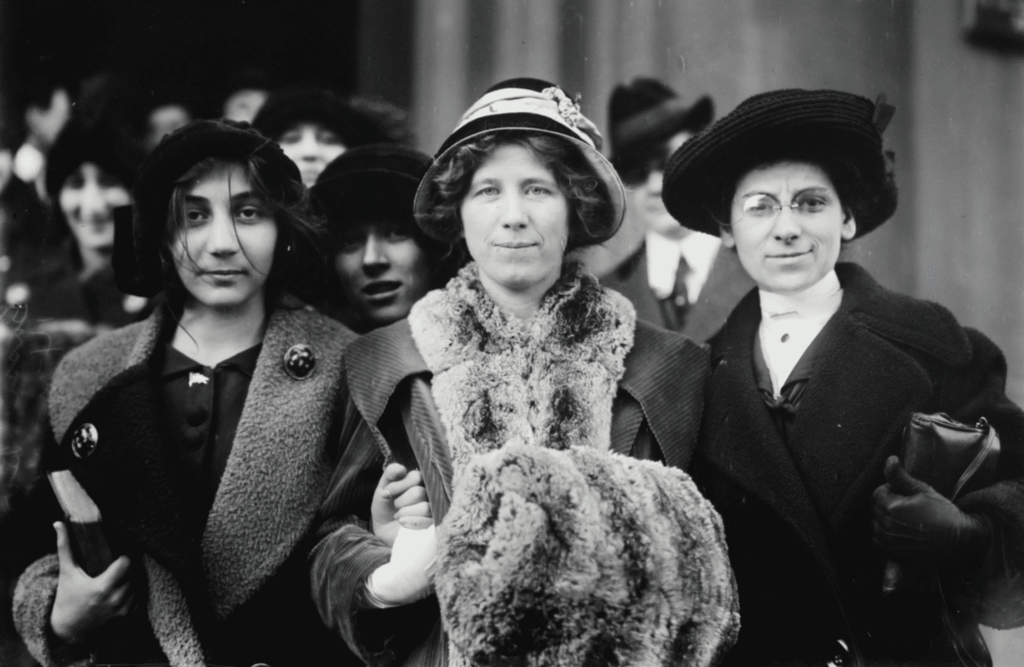 “They like you best.”
“They like you best.”
“You’re their favourite.”
“They’ll say yes to you.
They always say yes to you.”
Are these words the childhood
ribbing and teasing of siblings, or
feelings of anger and resentment over
favouritism? True or not, they reflect the
perception of many children, and continue
to be the memories of many adults.
All parents love their children equally
right? That’s what most would say if
you ask them. Playing favourites is a
bit of a taboo topic for many people. For
example, just insinuating a parent shows
favouritism to one child over another is
enough to spark anger or guilt in even
the best of parents. There are powerful
norms in society that say we are
expected to love our children and benefit
them equally. But is it really possible?
A recent study by researchers at
Cornell and Purdue University shows
the impact of playing favourites can
have lasting effects. Gerontologist Karl
Pillemer, along with Purdue sociologist
Jill Suitor, looked at the impact that
favouritism, or the mere perception of it,
has on all children in the family, including
the so called “golden child” and the
“black sheep”.
In the survey, 275 mothers in their
60s and 70s with at least two living
adult children were asked which of their
children they felt closest to, who they
thought would be their caregiver in old
age and which child they argued with
the most often. Results found that:
-
70 percent of mothers named one
child to whom they felt closest. - 79 percent specified which child
would be the most likely caregiver. - 73 percent specified which child they
argued and disagreed with the most. - 30 percent of moms said they weren’t
closer to any one child, but only 15
percent of children said the same about
their own mother.
“It is very common that a parent will
want to spend more time with child A
but might rely on child B for help in a
crisis and might talk to child C about
a personal problem,” says Karl. “Most
parents have some level of preference
among their children, but the job of a
parent is to not show those preferences
as much as possible.” Problems arise
when parents can’t keep those feelings
of favouritism to themselves. Karl’s
research shows there is a relationship
between obvious favouritism or differential
treatment and poor outcomes for
kids from early childhood to adolescence
to adulthood. “It is surprisingly
consistent, all the kids in the families
tend to do worse,” he says. There are
higher externalizing symptoms like
aggression and higher internalizing
symptoms like depression and anxiety.
Many of us have memories or experiences
of favouritism. Mother of two
Ester Randall* says her parents played
favourites. It was that favouritism, she
says, that created tension between her
and her sisters. “They always protect
me because I am the baby, but they also
throw it in my face saying that I had it
easy. They used to call me princess.”
Ester says her sisters blame the way
their lives turned out on their parents.
Now that Ester has two children of her
own, she is very aware of the impact
of favouritism and is promising her
children, and herself, that she will work
every day to make sure she doesn’t play
favourites.
“It’s human nature to have stronger
connections to some people than others.
You can love all your children equally,
but you may find one child gives you
less stress and you get along better with
one because you have more in common,”
she says.
Karl’s data supports Ester’s experience.
Playing favourites not only creates
tension between children and parents,
but also among siblings. Siblings often
resent each other and harbour feelings
of guilt.
That is just one of the reasons
Deborah Samuel* is working to level
the playing field. She says she does play
favourites with her two boys, ages nine
and seven, admitting she has a sweet
spot for her youngest. “He is my last
child and always seems to get the short
end of the stick with hand-me-down
clothes and his brother bugging him.”
She says she tries not to baby him but
admits it’s a challenge.
Eden Stuart* also has two boys, ages
17 and 14, and recently had to deal with
favouritism in her own house. The kids
were asked to step up and help out when
Eden’s husband was recovering from
surgery. Even though both kids were
pitching in, Eden says their youngest
son went above and beyond. But there
was a problem. The motivation wasn’t
purely to help out, it was also an attempt
to “stick it” to his brother because he
was getting more positive attention. “I
got sucked up in the favouritism wave.
Once we saw what was happening, we
changed how we praised our son so that
his help around the house wasn’t seen
as a game or a way to one-up his brother
with mom and dad,” says Eden.
“I don’t think it’s ever okay to play
favourites,” says Eden, “however, it’s
okay to celebrate each child’s individual
accomplishments. There’s a difference.”
Parenting educator Barbara Coloroso
says it’s important to remember
parenting isn’t about being perfect. She
acknowledges parents play favourites,
often because they have to. “What we
are doing is meeting their needs at this
point in their lives,” says Barbara. It isn’t
strange to find that parents are drawn
to one child over another. Sometimes it
might be the child who is different, or
they may connect with a child who is so
much like them and find the other one
hard to take. “It is essential you recognize
your feelings and talk about them,”
she says.
Ultimately every parent wants all of
their children to feel loved, cherished,
understood and celebrated. Some days
that can be easier said than done. It is
about learning to love and relate to each
other, says Barbara.
Parents need to know it’s normal to
treat kids differently because each child
will have a unique relationship with
them. To try to treat each child the same
isn’t possible, practical or effective. Says
Barbara, “I have told my kids ‘you are so
lucky you don’t have a perfect mother.’
One day my oldest said ‘you are so lucky
you don’t have perfect kids either.’ I’ve
told them that their job is to be a better
parent than I was.”
5 Expert tips
Communicate
Manitoba parent and
social worker Trevor
Arsenault says talk to
children about how to
show love to each other
in different ways. “We
need to be aware of
what each other’s love
language is.”
Be aware
Be aware of the relationships
in your family, your
own feelings and how
they can impact your
children. Karl Pillemer
acknowledges it can be
hard not to differentiate
among your children,
but be aware of those
feelings and try not to
demonstrate them.
Wonder
Put yourself in your
child’s shoes to understand
what they might
be feeling and thinking.
Author and parenting
educator Barbara Coloroso
says wondering is
a great tool. “I wonder if
this kid feels left out.
I wonder if I am doing
too much with this child.
If we ask ourselves those
things, we will be more
critical in a very positive
way of what we are
doing.”
Watch your words
Even on a small scale,
parents can avoid
making direct verbal
comparisons between
their children. “You want
to do things when your
children are young that
will lay the groundwork
for 20 or 30 years of
relationships as adults,”
says Karl.
Remember the
impact
“Kids absolutely
remember and it can
cause difficulty later
in life. Memories and
actual parental favouritism
seem to have a very
profound impact on a
person’s life course,”
says Karl.
*names changed for privacy reasons
Christy Laverty is a freelance writer, blogger and
social media enthusiast. She lives in Burlington,
Ont., with her artistic husband and two daughters,
ages 7 and 9.
Originally published in ParentsCanada magazine, April 2013.











